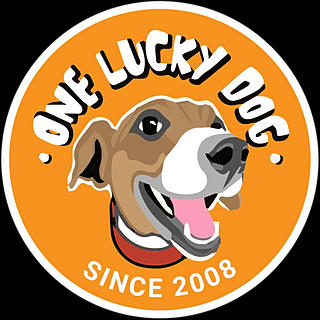House training your puppy
- Linda Healy
- Feb 19, 2020
- 2 min read
Some dogs can be trained quickly, while others take much longer. If you have an adult dog that has never been house trained, treat it as you would a new puppy. Never punish your dog for making a mess in your home. Reprimanding your pet after is has an accident only teaches it to be nervous and wary of you. Instead, anticipate when your dog needs to eliminate. After your dog wakes up, or plays, take it to the place that you have chosen for it to relieve itself, and always clean up after it. Avoid accidents in the home by restricting your dog to its crate until you have taken it out to eliminate. As your dog relieves itself use words like "go pee pee" then praise it. Soon your dog will eliminate when you give the "go pee pee" command.
Most dogs will actively avoid soiling their personal quarters. Restrict the puppy to its crate whenever you are busy and provide it with a toy to chew. Carefully monitor the puppy's crate time, taking it out to relieve itself when necessary. Make sure that the crate is the correct size for the puppy, if it is too big the puppy may soil it.
Puppy pad training: training the puppy to use puppy pads indoors can be confusing to it, since it learns that eliminating indoors is acceptable. Whenever possible, train the puppy to eliminate in an outdoor area, but when circumstances dictate that you use pads indoors, follow the same crate restrictions and let the dog out onto its puppy pad,
A dog that suddenly puts its nose down and sniffs intently is usually signaling that it is about to eliminate. Praise your puppy for eliminating outside. Create a routine. Puppies will need to eliminate after sleeping, playing and after eating or being restricted to a crate. As a general rule a three month old puppy will need to be let out of the crate to eliminate every three hours.
Control your temper while house training your dog. Scolding the puppy is pointless unless you actually see it eliminating indoors. If you do, say "No" sternly, move the puppy to its designated spot, and praise it. Prevent accidents from occurring by constantly supervising the puppy. If direct supervision is not possible it is best to keep the puppy in its crate.

























Comments